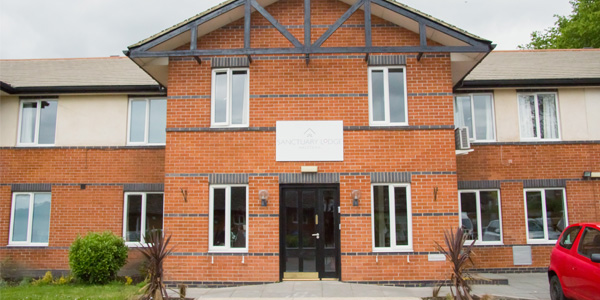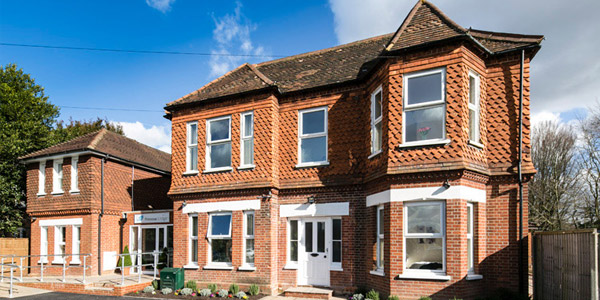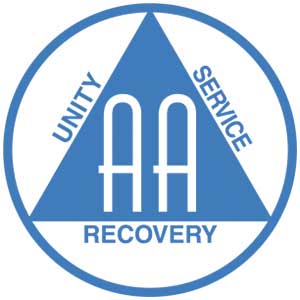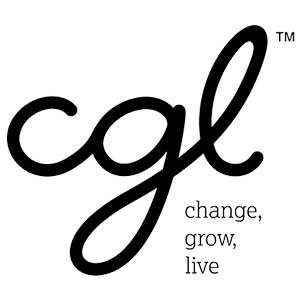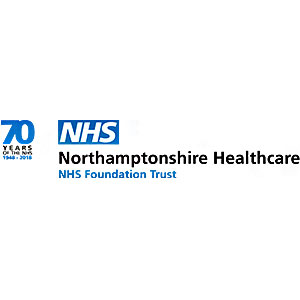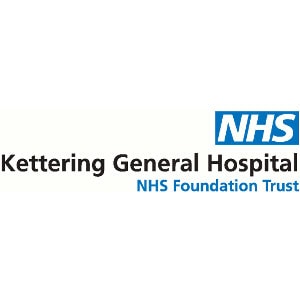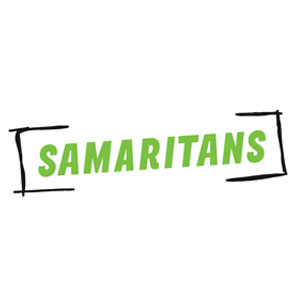Alcohol & Drug Rehab in Kettering
If you or someone you love are battling addiction in or near Kettering, you could be forgiven for feeling ignored by state services, with pared-down budgets seemingly going inexorably into inner-city areas. However, do not allow despair to triumph: there is hope for you in the form of a new wave of private facilities which have emerged in recent years and which already have made the difference between life and death in countless cases. Read on to find out how your own life could be transformed – or even saved entirely – by rehab.
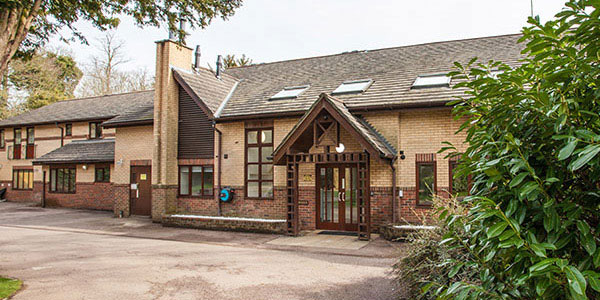
Banbury Lodge is a private UKAT rehab facility based in Banbury, Oxfordshir…
- Private
- Holistic Treatment
- Eating Disorder
- Residential
Featured Rehabs
Liberty House Clinic is a fully furbished detox and rehabilitation facility…
Sanctuary Lodge is a state of the art detox and rehabilitation facility, se…
At Primrose Lodge we genuinely care that our patients make a full recovery …
-
- Free
- Group Setting
- 12 Step
-
- Free
- Group Setting
- 12 Step
-
- Free
- Group Setting
- 12 Step
-
- Free
- Counselling
- Outpatient
- Support
-
- Mental Health
- Support
- Free
- Group
-
Kettering General Hospital,
Rothwell Road, Kettering,
Northants
NN16 8UZ0 review- Mental Health
- Support
- Free
- Group
-
The Yards,
12A Market Street ,
Kettering,
Northamptonshire,
NN16 0AH0 review- Mental Health
- Support
- Free
- Group
-
- Free
- Outpatient
- Free
- Group
- Load More
Drug & Alcohol Rehab Services in Northamptonshire
- A
- B
- C
- D
- E
- F
- G
- H
- I
- J
- K
- L
- M
- N
- O
- P
- Q
- R
- S
- T
- U
- V
- W
- X
- Y
- Z
What Is Rehab?

Residential rehabilitation – or “rehab” – describes the process of getting treatment for addiction at a dedicated facility, as well as being a term for such a facility itself (“going to rehab”). Rehab typically comprises two phases: detoxification (“detox”), during which a patient’s system is cleansed of substances of abuse and they go through withdrawal; and therapy, designed to uncover and examine the root causes of addiction and to give patients psychological defence mechanisms with which to resist relapse.
Rehab’s ability to address both short- (physical dependency countered by detoxification) and long-term (psychological addiction, tackled by therapy) challenges in one programme conducted under one roof is unparalleled. As a result, the general consensus is that rehab is the most effective approach to the treatment of addiction, in that it is the most likely to result in permanent abstinence on the part of the erstwhile addict – and, indeed, in mainstream culture “rehab” has become synonymous with addiction treatment.
How Can I Get Someone into Rehab?
The sooner an addict can reach out for help, the sooner they can be in treatment: every day that passes without combating addiction is another day in which an addict risks succumbing to overdose, a fatal accident, or an act of violence fuelled by substance abuse. While the NHS provides a good range of high-quality addiction treatment services – including rehab – places are invariably limited and waiting times can be distressingly lengthy.
If you or a loved one are struggling with addiction and are desperate for help, you may not wish to take such risks; instead, why not explore some of the private options which are available to you? Call 0800 024 1455 now to discuss next steps.
Advantages of Private Rehab
As discussed above, one key element of rehab is the peaceful secure, secluded and totally confidential setting it can provide for an addict to begin the recovery process away from the temptations and distractions of everyday life and from the environment of substance abuse within which their addiction took hold.
The dedicated, caring, highly experienced and highly skilled medical staff working in a rehab understand the nature of addiction and can bring their vast experience to bear when working with patients from all demographics and all walks of life; this can be hugely comforting when a patient enters rehab not knowing what to expect, and full of trepidation regarding their forthcoming stay.
Upon entering rehab, a patient will go through a period of detoxification (“detox”) and withdrawal, monitored and assisted by the medical team who may prescribe certain medication to alleviate some of the worst withdrawal symptoms. When this process is complete the patient will then engage in various forms of therapy – in both group and one-to-one settings – to address the root causes of their addiction and equip them with defence mechanisms against relapse.
Throughout their stay a patient will benefit from tailored fitness dietary plans – “healthy body, healthy mind” – as well as other facilities which will vary from one rehab to the next. The recovery process is not complete when a patient leaves rehab but is an ongoing journey requiring dedication and strength of will; in recognition of this, and to fill each patient with the reassurance that they are not alone during the next phase of the recovery, good rehabs will provide up to a year’s free aftercare.
What Does Rehab Cost in Kettering?
The cost of private rehab in or near Kettering can vary significantly by treatment programme, and depending on which of a variety of optional extras are selected. As a rough guide, standard costs range from between £5,500 and £11,000 per month, though the cheapest rehab treatment can start from as little as £834 per week. For more details, call 0800 804 4755.
NHS Addiction Treatment Options near Kettering
Many addicts feel unable to commit to private rehab for reasons of cost, or because they cannot realistically spend prolonged periods away from family, work, or other commitments. If you are one of these people, that does not mean that there is no hope for recovery: various relevant NHS and charity resources can be found in Kettering and across Northamptonshire. Speak with your GP about which of these may be available to you.
Advantages of NHS Treatment
The most obvious advantage of NHS treatment is that it is free at the point of use; on the other hand, private rehab comes at a cost that may put off some addicts (although when this cost is set against that of not seeking treatment – which of course may not be a merely financial one – addicts may feel that it is an extremely valuable investment).
Another benefit the NHS can offer is geographical proximity, as it operates across the country while many rehabs lie some distance from Kettering. The NHS also provides high-quality services, though it should be noted that quality does vary from one trust to another and, as mentioned above, waiting lists can be extremely prohibitive.
Addiction Support Groups
A number of organisations exist across the country to provide assistance to recovering addicts, and some of these operate a support group model. Support groups are groups of individuals who are themselves recovering addicts – some only recently free from addiction, while others may have been clean for many years – and who come together at regular meetings to give and take mutual support: sharing their stories of addiction, giving advice on how to resist relapse, showing solidarity and sympathy when group members are struggling, and providing the simple companionship which can mean so much in times of difficulty and loneliness.
Support group attendees can come from all walks of life, brought together by their shared experience of addiction and recovery; typically, attendance at support groups is free and the only qualification for participation is a commitment to leading a life free of substance abuse.
The most famous support group organisation, and the one on which most others are modelled, is Alcoholics Anonymous (AA) which was founded in 1935 and runs on a 12-step programme of personal and spiritual development, with one of the steps being a recognition that a higher power – such as God – can assist with an alcoholic’s recovery. Narcotics Anonymous (NA), founded in 1953 and based directly upon the AA model, is the second-largest support group organisation worldwide and caters to recovering drug addicts specifically.
In a similar vein, but supporting those recovering from addictions to specific substances, are Cocaine Anonymous (CA), Heroin Anonymous (HA), Marijuana Anonymous (MA) and Crystal Meth Anonymous (CMA), all of which operate 12-step programmes. There are also support groups such as Al-Anon and Nar-Anon assisting the families and friends of addicts which typically hold meetings alongside those for the addicts themselves.
Support groups typically meet weekly, though each local chapter is managed independently and meeting times and venues are subject to change. To find information on meetings in or near Kettering, see the relevant websites: Alcoholics Anonymous; Narcotics Anonymous; Cocaine Anonymous; Heroin Anonymous; Marijuana Anonymous; Crystal Meth Anonymous.
Types of Counselling

For recovering addicts with especially busy schedules, one useful supplementary treatment option is individual counselling: private addiction counsellors operate like regular psychotherapists (although understandably they focus heavily on addressing the causes and ramifications of addiction and substance abuse), and can usually be seen by private appointment on an ongoing basis (usually weekly) with fees charged per appointment.
Between them, private addiction counsellors offer a very wide variety of different therapy models and approaches to treatment, some of which are extremely niche while others mirror models which may be available in rehab. This form of treatment is often sought after by people who have completed a full treatment programme in rehab but who desire ongoing professional contact during the next phase of their recovering; and by addicts who have not yet undergone such a treatment program but who intend to, and wish to attempt to manage their addictions prior to doing so.
How to get to Banbury Lodge from Kettering
Banbury Lodge is situated in a delightful, peaceful rural setting in the historic Oxfordshire town of Banbury. Its state-of-the-art facilities and highly experienced medical and support staff create the ideal environment in which to address the key questions at the heart of recovery from addiction, and to embrace its fully comprehensive holistic rehabilitation programme. It is also one of the only rehabs in the UK offering treatment to people aged between 16 and 18 struggling with addictions.
To get to Banbury from Kettering, head west on the A6003 as far as the A6013, then join the A43. Keep on this road to the A14, then return to the A43 towards Kettering (W). Join the Nene Valley Way/A45 and follow it to the A5076, and thence back onto the A43 once again. Go as far as the B4525 and take that road to the A422, and thence to the A4260. Follow signs to the town centre.


